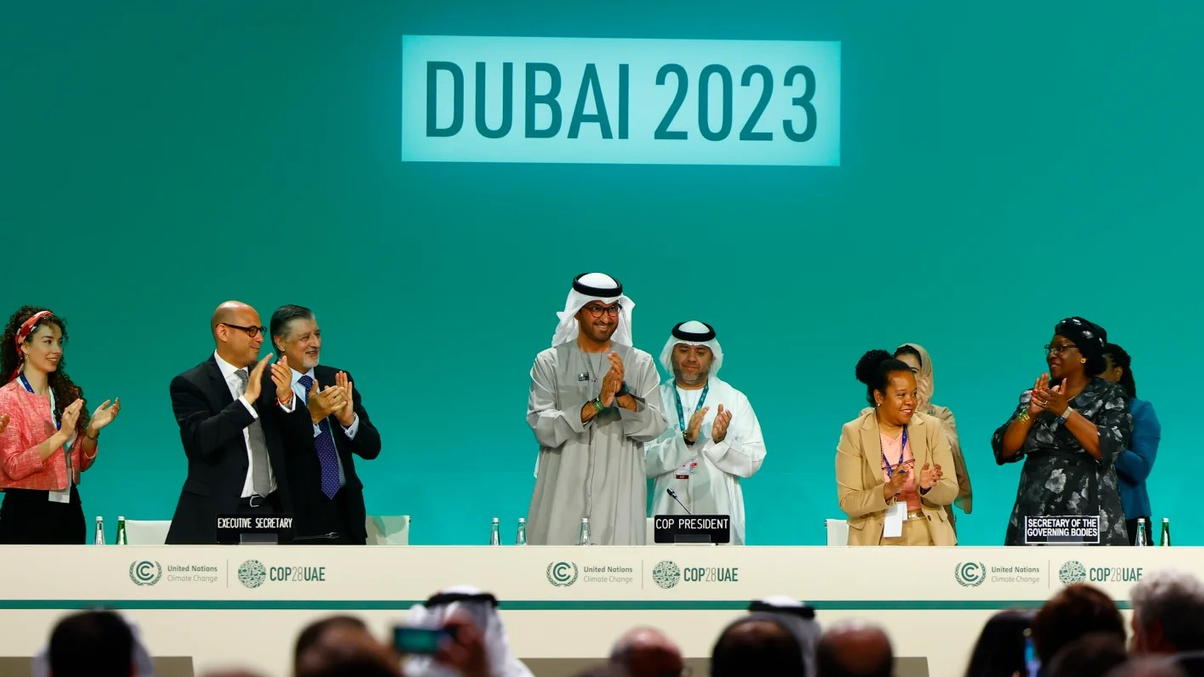Market Views: COP28 key takeaways for Asian investors
The recently concluded COP28 reached a historic global climate agreement on transitioning away from fossil fuels. What does it mean for Asia's institutional investors?

Dubai played host to this year's United Nations Climate Change Conference, popularly known as COP28, which drew to a close on Wednesday after two weeks of intense deliberations.
Sign in to read on!
Registered users get 2 free articles in 30 days.
Subscribers have full unlimited access to AsianInvestor
Not signed up? New users get 2 free articles per month, plus a 7-day unlimited free trial.
¬ Haymarket Media Limited. All rights reserved.


